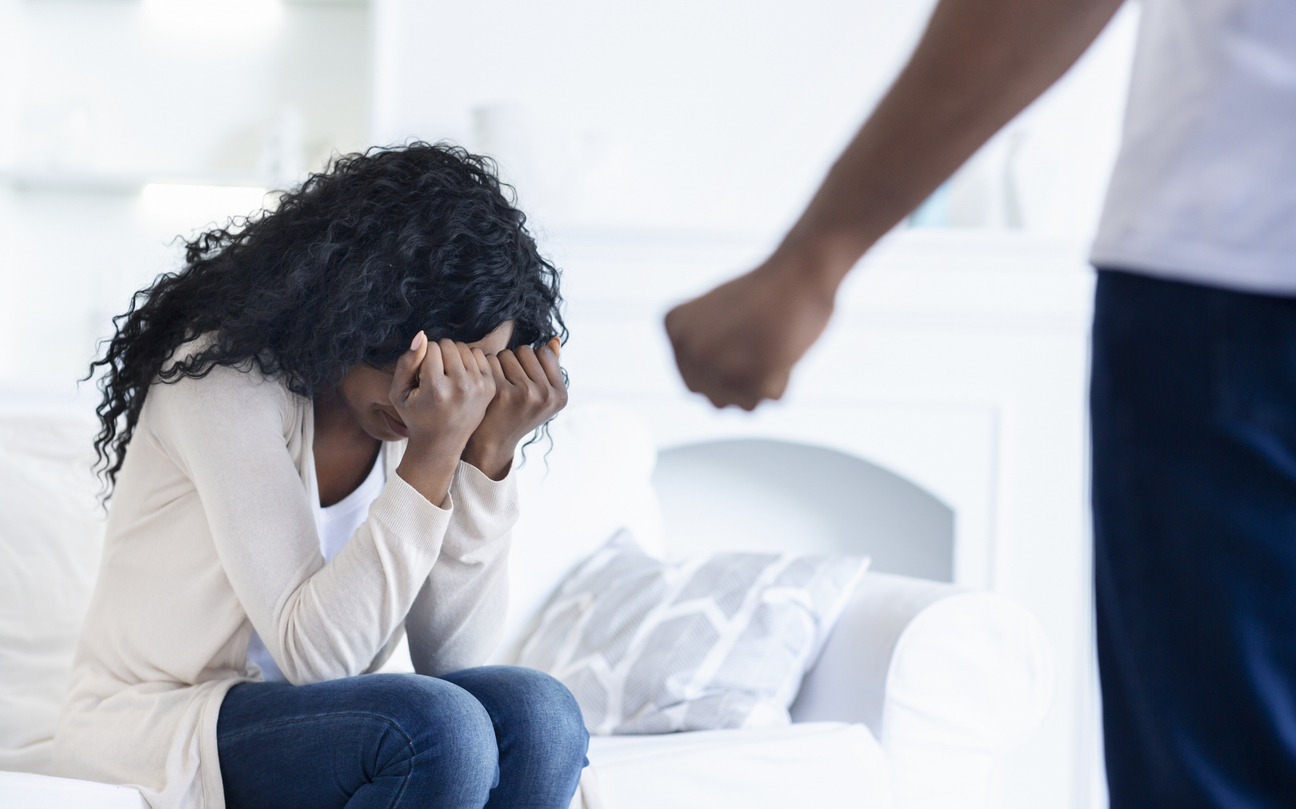The Violence Against Women Act (VAWA) provides critical protections and support for survivors of domestic violence, sexual assault, and other forms of abuse. At SRR Law Group LLC, we recognize that many survivors may not have extensive evidence of abuse, and this should not deter them from seeking the help they need. This guide aims to explain VAWA, its benefits, and the options available to those seeking safety and legal protection.
What is VAWA?
The Violence Against Women Act, enacted in 1994 and reauthorized multiple times, is a federal law designed to improve the response to domestic violence, dating violence, sexual assault, and stalking. VAWA includes provisions that allow certain abused immigrants to self-petition for legal status in the United States without the knowledge or involvement of the abuser.
Who Can Benefit from VAWA?
VAWA provides protection for:
- Spouses of U.S. Citizens or Lawful Permanent Residents (LPRs): If you are married to a U.S. citizen or LPR and have experienced abuse, you may be eligible to self-petition for legal status.
- Children of U.S. Citizens or LPRs: Unmarried children under 21 who have been abused by their U.S. citizen or LPR parent may also self-petition under VAWA.
- Parents of U.S. Citizens: Parents who have been abused by their U.S. citizen child (who is at least 21 years old) can seek protection under VAWA.
How to Apply for VAWA
The VAWA application process involves several steps:
- Complete Form I-360:The first step is to complete and submit Form I-360, Petition for Amerasian, Widow(er), or Special Immigrant. This form is used to self-petition for legal status without the abuser’s knowledge.
- Gather Evidence: While it is common not to have a lot of evidence, you should gather any documentation that supports your claim of abuse. This can include medical records, police reports, affidavits from friends and family, photographs, or any other relevant documents.
- Submit Your Petition: Once you have completed Form I-360 and gathered your evidence, you can submit your petition to the United States Citizenship and Immigration Services (USCIS). This will usually be accompanied by an I-485 Application to Register Permanent Residence or Adjust Status.
- Await a Decision: USCIS will review your petition and make a decision. If your petition is approved, you can then apply for work authorization and, eventually, adjust your status to become a lawful permanent resident.
Common Challenges and Tips for VAWA Applicants
- Limited Evidence: It is common for survivors of abuse to have limited evidence. Don’t be discouraged. USCIS understands the nature of abuse and considers the totality of the circumstances. Personal statements and affidavits from those who know about the abuse can be very powerful.
- Seek Legal Assistance: Navigating the VAWA process can be complex. Legal assistance can help ensure that your application is complete and accurately represents your situation.
- Confidentiality :VAWA petitions are confidential. Your abuser will not be notified that you have filed a petition.
Benefits of VAWA
VAWA provides several benefits to survivors of abuse, including:
- Independence from Abusers: You can apply for legal status without the involvement or knowledge of your abuser.
- Work Authorization: Once your VAWA petition is approved, you can apply for work authorization.
- Path to Permanent Residency: Approved VAWA self-petitioners can eventually apply for lawful permanent residency (a Green Card).
- Protection and Support: VAWA helps survivors gain the protection and support they need to rebuild their lives.
Why Choose SRR Law Group LLC?
At SRR Law Group LLC, we are dedicated to helping survivors of abuse navigate the VAWA process with compassion and care. We understand the challenges you face and are here to provide the guidance and support you need to seek protection and legal status.
reQUEST A CONSULTATION
If you are a survivor of domestic violence, sexual assault, or other forms of abuse, know that you have options under VAWA. Even with limited evidence, you can still seek the protection and support you need. Consult an experienced immigration law firm for help.
Schedule a consultation by calling us at (507) 580-7374 for more information. We are here to help you every step of the way.



